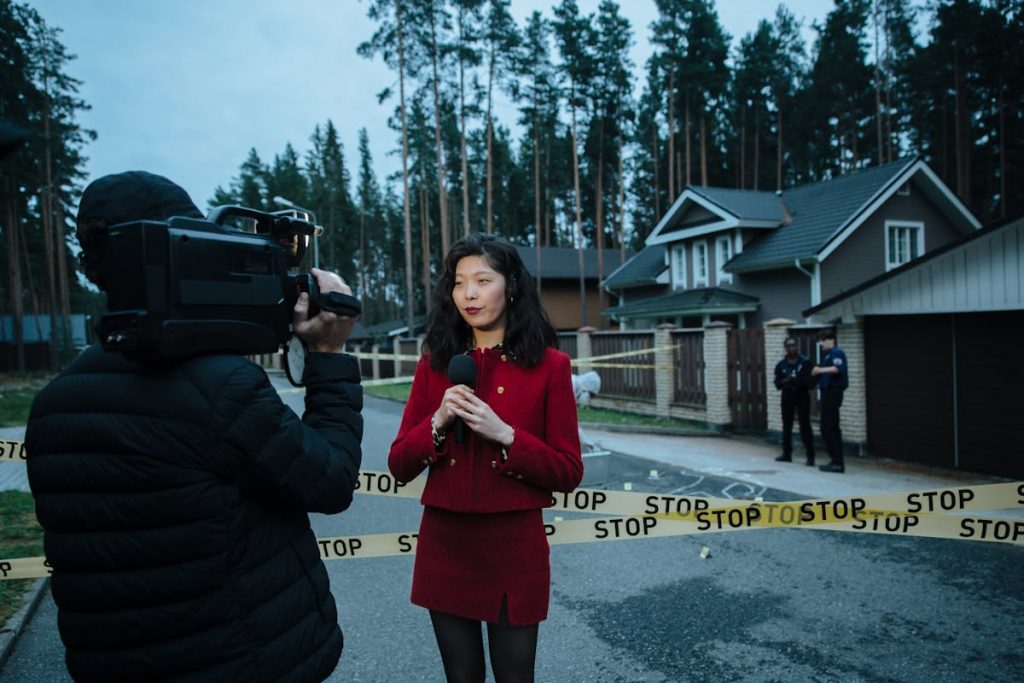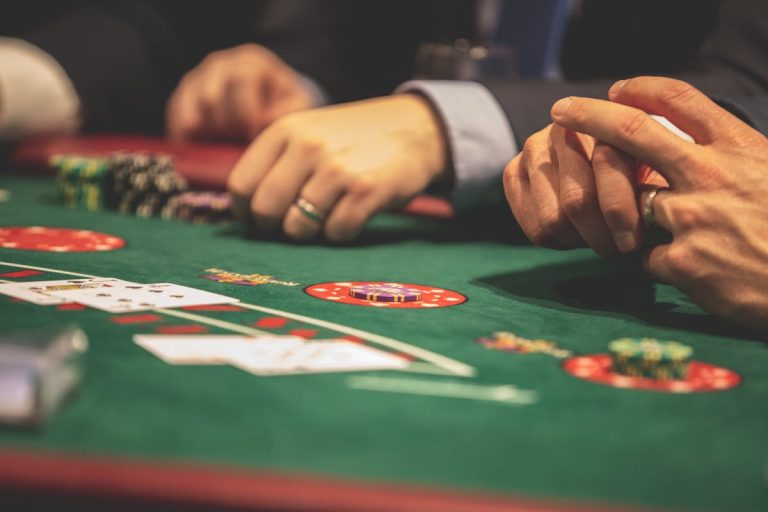The implications of shooting someone in self-defense extend beyond the immediate act, encompassing a mix of legal, emotional, and practical consequences. The interpretation and application of self-defense laws, such as “Stand Your Ground” or “Duty to Retreat,” can be complex and vary widely. Post-incident interactions with law enforcement, the scrutiny of legal proceedings, potential civil liabilities, as well as the emotional aftermath of such a traumatic event, all contribute to this complexity. Our exploration of these multifaceted repercussions promises to provide a thorough understanding of this contentious issue.
Understanding Self-Defense Laws
Steering through the complex maze of self-defense laws can seem like an intimidating task, yet it is absolutely crucial for anyone considering firearm use for personal protection. It is essential to understand self-defense justification, which refers to the legal right to use force, including deadly force, to protect oneself from an immediate threat of bodily harm or death.
One must differentiate between legal definitions like “stand your ground” laws, permitting one to defend oneself without retreating, and “duty to retreat” laws, requiring one to first attempt to escape or avoid the situation if safely possible. This distinction varies by jurisdiction and profoundly impacts an individual’s legal responsibilities and potential liabilities.
Moreover, the principle of “proportionality” is essential. This means that the level of force used in self-defense should be commensurate with the perceived threat. Using excessive force, even when threatened, can negate a self-defense justification.
The Immediate Aftermath
In the wake of a self-defense shooting, a surge of adrenaline often engulfs the individual involved, making any subsequent actions highly consequential. This adrenaline provides the energy necessary for immediate scene management, an essential factor in the aftermath of such an incident. It is important to maintain a clear head, ensuring safety and preserving the integrity of the scene as much as possible.
The gathering of witness statements is another important aspect of the immediate aftermath. These accounts offer an invaluable perspective on the incident, providing a potential defense in any legal proceedings that may follow. It’s essential to approach this process methodically, avoiding the risk of altering or contaminating the witnesses’ recollections unintentionally.
The immediate aftermath of a self-defense shooting is a critical period, requiring careful management of the scene and efficient gathering of witness statements. These initial steps can greatly influence the legal repercussions that follow. Consequently, understanding and properly executing these tasks is not only advisable but practically necessary for anyone who might find themselves in such an unfortunate situation.
Interacting With Law Enforcement
Maneuvering through the complexities of law enforcement interaction can be an intimidating task in the aftermath of a self-defense shooting. The immediate response from officers typically involves an investigation process aimed at evidence collection and gathering witness statements. It’s vital to understand that police protocols are designed to guarantee a thorough, impartial exploration of the incident.
The interaction with law enforcement should be approached with a clear understanding of one’s legal rights. Even when asserting self-defense claims, it’s important to cooperate fully with officer conduct, acknowledging their role in maintaining law and order. It’s recommended to openly share information about the incident while protecting your rights, safeguarding the accuracy of witness statements and assisting the process of evidence collection.
However, one must also be aware of potential pitfalls. Over-sharing can inadvertently lead to self-incrimination. As a result, while cooperating, remember your right to legal counsel before making official statements. This balance between cooperation and self-protection is key in maneuvering the tense post-shooting interaction with law enforcement. Understanding these dynamics can greatly influence the outcome of the investigation process, and ultimately, the legal disposition of your self-defense claim.
Legal Proceedings Post-Shooting
Following the interaction with law enforcement in the aftermath of a self-defense shooting, the focus shifts to the subsequent legal proceedings. These proceedings can be complex and challenging, as they revolve around analyzing evidence, eyewitness accounts, and the specific circumstances of the incident.
Case studies have shown that the legal outcome can vary greatly, depending on factors like the perceived threat level, the reactions of the involved parties, and the application of specific legal principles like the “Stand Your Ground” or “Castle Doctrine” laws. These laws have been shaped by legal precedents, and they determine whether the use of deadly force in self-defense is legally justified.
One essential aspect is the assessment of reasonableness, both in the fear of harm and the response to this fear. This assessment is often subjective, and it can be heavily influenced by the presented evidence and the effectiveness of the legal defense.
Emotional Consequences of Self-Defense
Surviving a self-defense shooting can be a double-edged sword. On one hand, you have preserved your life; on the other, you may grapple with guilt feelings and trauma responses. The psychological impacts can be profound, and survivors often face moral dilemmas over their actions.
An overlooked aspect of such incidents is survivor’s guilt. The individual might question why they survived while the other did not, leading to a complex emotional labyrinth. These guilt feelings can be amplified if the individual knew their attacker.
The trauma responses to such an event can vary widely. Some individuals may develop post-traumatic stress disorder (PTSD), experiencing flashbacks and anxiety attacks. This could lead to a state of hyper-vigilance, where they are constantly on edge, expecting danger at every turn.
The importance of support systems in such situations cannot be understated. Friends, family, and professional therapists can provide essential aid in maneuvering through these emotional complexities. They can guide individuals through the healing processes, helping to rebuild emotional resilience over time.

Public Response and Media Attention
In the aftermath of a self-defense shooting, one aspect that can greatly impact the survivor’s experience is the public response and media attention. The media portrayal of these incidents can greatly shape public perception, often swaying public opinion either in favor or against the individual involved.
Community reactions can also play a considerable role, particularly in the era of social media where information, accurate or otherwise, can quickly spread. Even before legal commentary is presented, a narrative can be established that might affect the survivor’s reputation and mental state, needing substantial crisis management.
High-profile celebrity cases often demonstrate this, with public opinion and media portrayal becoming an essential part of the aftermath. These cases can become rallying points for victim advocacy groups or fuel for activism response, further escalating the public response and media attention.
While it’s important to understand that every case is unique and influenced by various factors, the significance of public response and media attention cannot be underestimated. It’s a complex, often volatile aspect of self-defense shootings which can, at times, overshadow the incident itself.
Long-Term Legal Ramifications
Beyond the immediate aftermath and societal implications of a self-defense shooting, another aspect that requires in-depth consideration is the long-term legal ramifications. A central concern is civil liability. Even if one successfully avoids criminal charges, the person shot or their family may file a civil lawsuit, inciting substantial legal costs to defend oneself. This can lead to long-term financial strain, regardless of the merit of the self-defense claims.
The psychological impact of a self-defense shooting should not be underestimated, either. The trauma can lead to reputational damage, impacting personal relationships and professional opportunities. This damage can be exacerbated by any criminal charges, negative media attention, or even public opinion, which can influence jury decisions in both criminal and civil cases.
Insurance implications also play a significant role in the long-term consequences of a self-defense shooting. Many insurance policies do not cover intentional acts, including self-defense shootings. This can place additional financial burdens on the shooter, contributing to the overall long-term consequences. Understanding these potential outcomes underlines the importance of considered, responsible gun ownership and use.
Coping and Moving Forward
The emotional aftermath of a self-defense shooting can be a complex and challenging journey that necessitates professional mental support. It’s vital to comprehend the importance of seeking such help, as it can greatly aid in recovery and maintaining sound mental health. Concurrently, understanding the legal implications is essential, as it can inform individuals about their rights, potential challenges they might face, and the path towards recovery.
Emotional Aftermath of Self-Defense
Often, individuals who have resorted to using self-defense techniques, especially in life-threatening situations, endure significant emotional aftermath. This aftermath isn’t merely a fleeting, transient response; it is a profound, long-lasting psychological impact that demands attention.
Guilt management is an important element in maneuvering this emotional terrain. It’s normal to feel guilt after harming someone, even in self-defense. However, it is imperative to remind oneself that such actions were necessary and justified for personal safety. Guilt, when managed effectively, can lead to self-forgiveness and growth.
Simultaneously, processing the trauma is equally fundamental. Understanding and accepting the event’s reality can prevent suppression, which often leads to chronic distress. Trauma processing involves acknowledging the incident’s impact, the feelings it provoked, and the changes it has imposed on your life. This awareness can help individuals to confront their fears and regain control of their lives.
Seeking Professional Mental Support
In traversing the emotional aftermath of a self-defense incident, seeking professional mental support is an essential step towards recovery. The trauma of such an event can have significant impacts on mental health. To mitigate these effects, therapy options should be explored, whether individual or group-based, to encourage trauma recovery. Counseling services provide a safe space for expressing feelings and offer effective coping strategies for managing stress and anxiety.
Psychological evaluation is instrumental in identifying the level of stress and trauma experienced, assisting in the formulation of a personalized treatment plan. This evaluation provides a deeper understanding of one’s emotional state, paving the way towards healing.
Simultaneously, support networks are crucial for emotional support, encompassing friends, family, and fellow survivors who can offer companionship and understanding. Professional crisis intervention services can also play an indispensable role in managing immediate psychological distress.
Legal Implications and Recovery
Maneuvering the legal landscape post a self-defense shooting incident is a necessary, albeit complex, part of the recovery process. It involves understanding the potential legal consequences of your actions, seeking professional legal representation, and exploring the benefits of self-defense insurance.
There are several key steps to dealing with the aftermath:
- Understand the legal implications: Your actions may be legally justified, but you may still face civil or criminal charges. Familiarize yourself with local and national self-defense laws.
- Seek legal representation: A knowledgeable attorney can guide you through any ensuing legal processes. They can also help you understand your rights and obligations.
- Explore self-defense insurance: This can help cover legal fees and other related expenses. It’s an important safety net for anyone who owns a firearm for protection.
- Cooperate fully with law enforcement: Provide all necessary information and follow their instructions carefully.
- Take care of your mental health: Dealing with the aftermath of a shooting can be traumatic. Don’t neglect your psychological wellbeing.
Through careful preparation and understanding, you can navigate this challenging process successfully.
Frequently Asked Questions
What Type of Training Should I Get for Self-Defense?
For ideal self-defense, consider training in martial arts or self-defense techniques. Understanding legal implications is essential too. Training should encompass physical skills, situational awareness, and knowledge of applicable self-defense laws in your jurisdiction.
How Do I Explain Self-Defense to My Children?
Explaining self-defense to children involves imparting the principles of personal safety, conflict avoidance, and age-appropriate defensive techniques. It requires careful dialogue that emphasizes the importance of security without inducing fear or promoting violence.
Can My Employer Fire Me for a Self-Defense Incident?
Your employment status following a self-defense incident may be contingent on various factors, including regional self-defense laws and specific workplace policies. It’s crucial to consult with a legal professional for advice tailored to your situation.
How Does Self-Defense Impact Insurance Policies?
In cases of self-defense, insurance liability can be complex. Some insurance policies may not cover such incidents, potentially causing significant financial impact. It’s critical to understand your policy coverage to mitigate potential fallout from self-defense situations.
Are There Self-Defense Support Groups for Emotional Healing?
Yes, there are various self-defense support groups available, focusing on trauma recovery and emotional support. These groups offer therapeutic environments to help individuals process experiences and promote healing through shared experiences and professional guidance.





